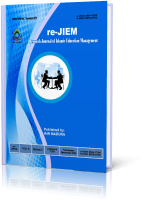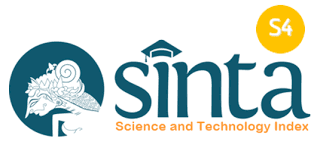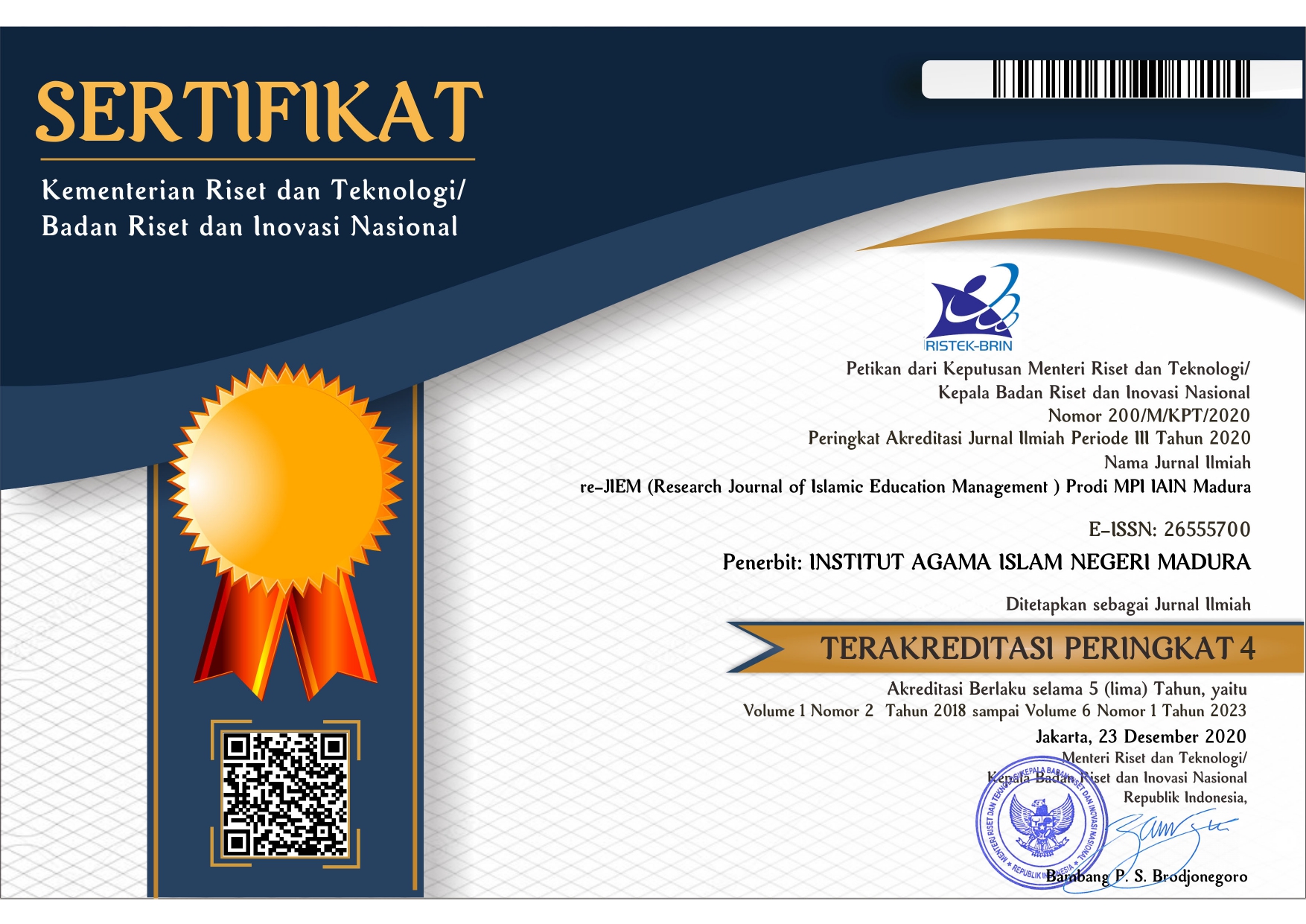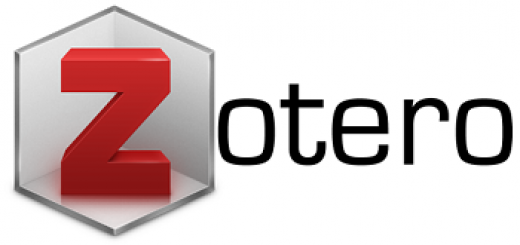KEPEMIMPINAN KOPRS SUKARELA PALANG MERAH INDONESIA; UPAYA MENINGKATKAN SKILL ANGGOTA
 Abstract views: 690
,
Abstract views: 690
,
 PDF downloads: 503
PDF downloads: 503
Abstract
This study aims to determine the leadership strategy used in improving members' skills and to find out the stages and inhibiting factors of activities related to improving the skills of members in the Organizational Special Activity Unit of the Indonesian Red Cross Voluntary Corps at UIN Sulthan Thaha Saifuddin Jambi Higher Education. This research is field research, namely by collecting data in the field. This study uses interview techniques, observation, and interviews. The research results show that the Indonesian Red Cross Volunteer Corps Leadership Strategy to Improving Member Skills, namely providing teaching material and practice in accordance with the skills in their respective fields. The stages of activities involved in improving members' skills are basic room education and training, field education and training, permanent member education and training, joint training with Basarnas, basic organizational leadership training, and weekly member training. As for the supporting factors, the leader always instills a positive spirit in the members in the process of improving their skills of the members. While the inhibiting factors are first, the implementation of the role of administrators is not in accordance with basic organizational leadership training, second, some members have not been able to manage time between academics and organizations so members tend to do excessive activities, and third, regarding campus funding for organizational activities sometimes not according to what the manager said.
Downloads
References
Angger Dewantara. “Meningkatkan Level Leadership Seorang Pemimpin,” 2022.
Arifin Tahir. Buku Ajar Perilaku Organisasi. Buku Ajar Perilaku Organisasi, 2014.
Badiklat Kemhan. “Keputusan Kabadiklat Kemhan,” 2016, 74.
Balaram Naik, P Karunakar,1 M Jayadev, 1 and V Rahul Marshal2. “Kepemimpin Kh. Abdul Khobir Hasan Dalam Pengelolaan Pondok Pesantren Baitul Arqom Al-Islami.” J Conserv Dent. 2013 16, no. 4 (2013): 2013. https://pubmed.ncbi.nlm.nih.gov/23956527/.
Fadli, Muhammad Rijal. “Memahami Desain Metode Penelitian Kualitatif.” Humanika 21, no. 1 (2021): 33–54. https://doi.org/10.21831/hum.v21i1.38075.
Fatahullah Jurdi. Manajemen Sumber Daya Manusia. Edited by Wisma kalimetro. Malang: Intrans Publishing, 2018.
Fridayana Yudiaatmaja. “Kepemimpinan: Konsep, Teori Dan Karakternya.” Procedia - Social and Behavioral Sciences 12, no. 2 (2013): 10.
Hasan, Zaifur Rofiq dan Nor. “Implementasi Program Kegiatan Organisasi Kemahasiswaan Dalam Menumbuhkan Perilaku Kepemimpinan Mahasiswa Di Iain Madura.” Re-JIEM 4, no. 2 (2021): 233–44.
Ii. “Manajemen Strategi.” Manajemen Strategi, no. 1990 (2019): 9–47.
Mila Hayyi, Basri Zaen, dan Muh. Hambali. “Strategi Kepala Sekolah Megimplementasikan Kurikulum Cambridge Untuk Membentuk Siswa Berdaya Saing Internasional Di Sekolah Menengah Pertama Thursina Internasional Islamic Boarding School Malang.” Re-JIEM 5, no. 1 (2022): 46–60.
Mubah, Iswatun Hasanah dan Hilmi Qosim. “Kepemimpinan Altruis Dalam Membentuk Organizational Citizenship Behaviour Pada Pegawai Di Smp Plus Nurul Hikmah Pamekasan.” Re-JIEM 21, no. 1 (2020): 1–9. https://doi.org/https://doi.org/10.19105/re-jiem.v5i2.7642.
Novanda, Fransisko Chaniago dan Ramazani. “Manajemen Sumber Daya Manusia Dalam Meningkatkan Layanan Pendidikan Di Ma’had Al-Jami’ah Universitas Islam Negeri Sulthan Thaha Saifuddin Jambi.” Jurnal Pendidikan Bahasa Arab Dan Budaya Islam 1, no. 2 (n.d.): 177–200. https://online-journal.unja.ac.id/Ad-Dhuha/article/view/12011.
Omurtag, Kenan R., Aaron K. Styer, Donna Session, and Thomas L. Toth. “Perubahan Dan Pengembangan Organisasi.” Jurnal Literasi Pendidikan Nusantara 54, no. 11–12 (2020): 661–68.
Ricou, L. E., J. P. Burg, I. Godfriaux, and Z. Ivanov. “Rhodope and Vardar: The Metamorphic and the Olistostromic Paired Belts Related to the Cretaceous Subduction under Europe: Reply to Ivan Zagorchev’s Comment ‘Rhodope Facts and Tethys Self-Delusions.’” Geodinamica Acta 13, no. 1 (2000): 61–63. https://doi.org/10.1080/09853111.2000.11105363.
Sahadi, Otong Husni Taufiq, and Ari Kusumah Wardani. “Karakter Kepemimpinan Ideal Dalam Organisasi.” Jurnal Moderat 6, no. 3 (2020): 519.
Sahrudin. “Pentingnya Kepemimpinan Dalam Meningkatkan Mutu Pada Sebuah Organisasi.” Pascasarjana Universitas Islam Kalimantan Muhammad Arsyad Al Banjari volume 1 n (2021): 223–34. https://www.ptonline.com/articles/how-to-get-better-mfi-results.
Sinurat, S S. “Palang Merah Indonesia (KSR PMI) Unit Universitas Palangka Raya Dalam Mengeksistensikan Organisasi Dimasa Pandemi Coronavirus Disease 2019 (Covid-19).” Journal Administrasi Publik (Jap)-E-Issn … 8, no. 1 (2022). https://e-journal.upr.ac.id/index.php/JAP/article/view/4143%0Ahttps://e-journal.upr.ac.id/index.php/JAP/article/download/4143/3130.
Siregar, R Adumayanti. “Pengertian Strategi.” Journal of Chemical Information and Modeling 53, no. 9 (2020): 1689–99.
Study Cha, Longitudinal. “Pengaruh Kepemimpinan Terhadap Kinerja Karyawan Pada LPP TVRI Stasiun Gorontalo.,” 2014, 1–6.
Suherman, Usep Deden. “Pentingnya Kepemimpinan Dalam Organisasi.” Jurnal Ilmu Akuntansi Dan Bisnis Syariah 21, no. 1 (2020): 1–9. http://journal.um-surabaya.ac.id/index.php/JKM/article/view/2203.
Suranto, Famila Rusdianti. “Pengalaman Berorganisasi Dalam Membentuk Soft Skill Mahasiswa.” Jurnal Pendidikan Dan Ilmu Sosial 28, no. 1 (2018): 58–65.
Syafi’i Antonio. Bank Syariah Dari Teori Ke Praktek. Jakarta: Gema Insani, 2001.
Tewal, Bernhard, Adolfina, Merinda Ch. H. Pandowo, and Hendra N. Tawas. “Perilaku Organisasi” Manado (2017): 1–287. https://www.ptonline.com/articles/how-to-get-better-mfi-results.
Widarto. Buku Pengembangan Soft Skills Mahasiswa Pendidikan Vokasi Melalui Clop Work. Paramitra Publishing. Vol. 4. Yogyakarta: Paramitra Publishing, 2011.
Yanuaria, Lusi Widhiyanti. “Strategi Pt. Kereta Api Indonesia (Kai) Dalam Meningkatkan Pelayanan Transportasi Kereta Api Studi Kasus Di Kantor Daerah Operasi Vii Madiun Periode Periode 2009-2011,” 2012, 1–25.
Copyright (c) 2023 Megariani, Mahmud M. Yasin, Fransisko Chaniago, Suci Fitriani, Summiyani, Yuliana Afifah

This work is licensed under a Creative Commons Attribution-ShareAlike 4.0 International License.
Authors who publish with this journal agree to the following terms:
Authors retain copyright and grant the journal right of first publication with the work simultaneously licensed under a Creative Commons Attribution-ShareAlike 4.0 International License that allows others to copy and redistribute the material in any medium or format with an acknowledgment of the work's authorship and initial publication in this journal and also allows to remix, transform, and build upon the material for any purpose, even commercially with contributions under the same license as the original.
Authors are able to enter into separate, additional contractual arrangements for the non-exclusive distribution of the journal's published version of the work (e.g., post it to an institutional repository or publish it in a book), with an acknowledgment of its initial publication in this journal.
Authors are permitted and encouraged to post their work online (e.g., in institutional repositories or on their website) prior to and during the submission process, as it can lead to productive exchanges, as well as earlier and greater citation of published work.



























